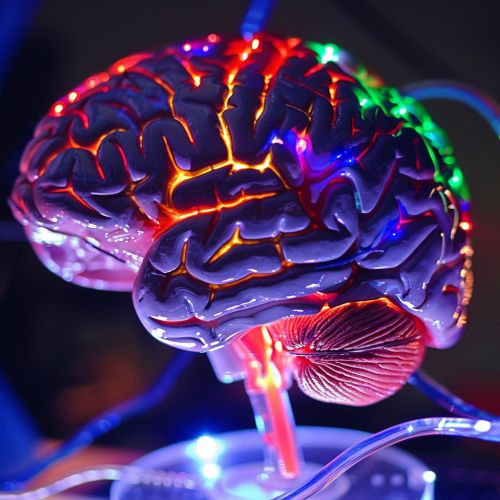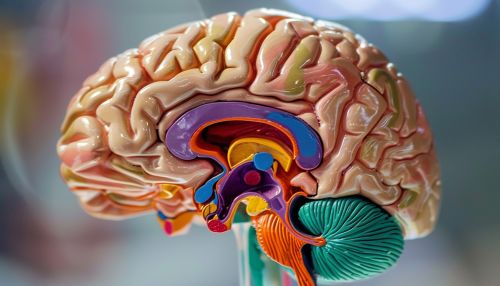Applications of Neuroscience
Introduction
Neuroscience, the scientific study of the nervous system, has a wide range of applications in various fields. This includes but is not limited to medicine, psychology, computer science, and artificial intelligence. The advancements in neuroscience have led to significant contributions to our understanding of the human brain and its functions, and these insights have been applied to improve various aspects of human life.


Medicine
In the field of medicine, neuroscience has been instrumental in the development of various treatments and therapies for neurological disorders. For instance, the understanding of the brain's structure and function has led to the development of drugs for conditions such as Parkinson's, Alzheimer's, and epilepsy. Moreover, neuroscience has also contributed to the development of neurosurgical techniques, which are used to treat conditions like brain tumors and spinal cord injuries.
Psychology
Neuroscience has a significant impact on psychology, particularly in the field of cognitive psychology. It has helped psychologists understand the biological basis of cognition and behavior. For instance, the use of neuroimaging techniques, such as fMRI, has provided insights into the brain areas involved in memory, attention, and perception. Furthermore, neuroscience has also contributed to the development of neuropsychology, a field that studies the relationship between brain function and behavior.
Computer Science
In computer science, neuroscience has been applied in the development of neural networks, a type of artificial intelligence that mimics the structure and function of the human brain. These networks are used in a variety of applications, including image and speech recognition, natural language processing, and data analysis. Furthermore, neuroscience has also influenced the field of human-computer interaction, helping designers create more intuitive and user-friendly interfaces.
Artificial Intelligence
Neuroscience has also played a crucial role in the field of artificial intelligence (AI). The principles of neuroscience have been used to develop machine learning algorithms, which enable computers to learn from and make decisions based on data. Moreover, neuroscience has also contributed to the development of neuro-inspired computing, a field that aims to design AI systems that operate similarly to the human brain.
Conclusion
The applications of neuroscience are vast and diverse, spanning multiple disciplines. The insights gained from studying the human brain have not only improved our understanding of ourselves but also led to significant advancements in various fields. As neuroscience continues to evolve, it is likely that its applications will continue to expand, leading to further advancements in medicine, psychology, computer science, and artificial intelligence.
